

2019-07-27 17:37:00 Saturday ET
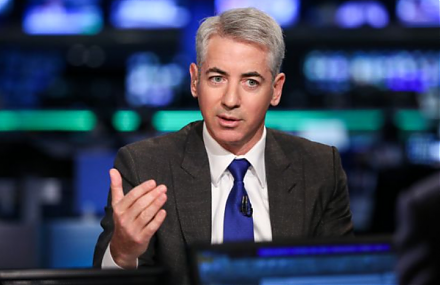
Capital gravitates toward key profitable mutual funds until the marginal asset return equilibrates near the core stock market benchmark. As Stanford finance
2017-12-14 12:41:00 Thursday ET
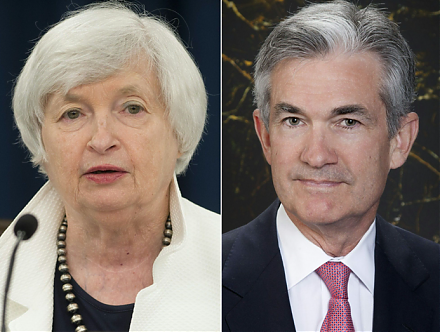
Federal Reserve raises the interest rate by 25 basis points to the target range of 1.25% to 1.5% as FOMC members revise up their GDP estimate from 2% to 2.5
2023-04-28 16:38:00 Friday ET
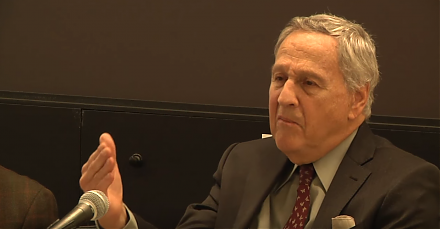
Peter Schuck analyzes U.S. government failures and structural problems in light of both institutions and incentives. Peter Schuck (2015) Why
2019-12-19 14:43:00 Thursday ET
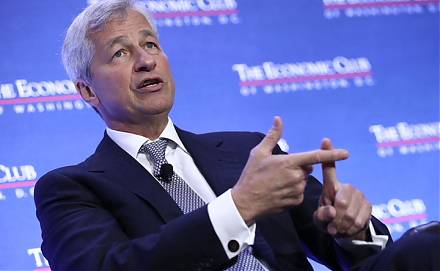
JPMorgan Chase CEO Jamie Dimon views wealth inequality as a major economic problem in America. Dimon now warns that the rich Americans have been getting wea
2019-01-15 13:35:00 Tuesday ET
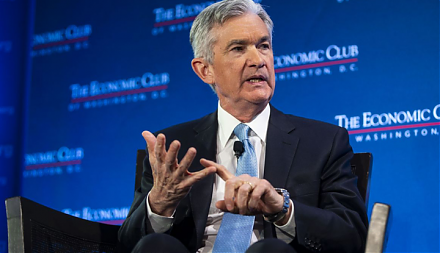
Americans continue to keep their financial New Year resolutions. First, Americans should save more money. Everyone needs a budget to ensure that key paychec
2019-02-28 12:39:00 Thursday ET
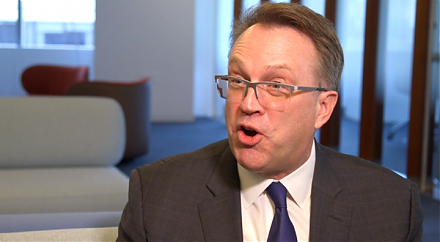
New York Fed CEO John Williams sees no need to raise the interest rate unless economic growth or inflation rises to a high gear. After raising the interest